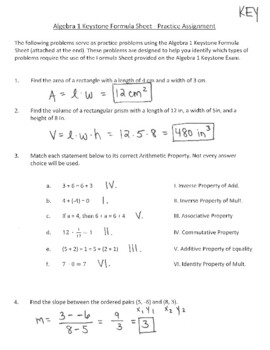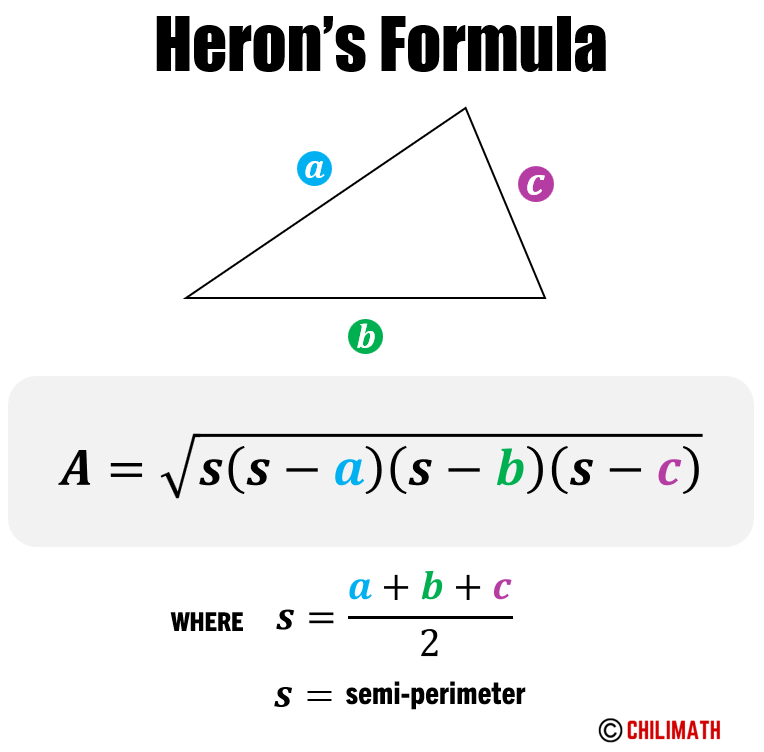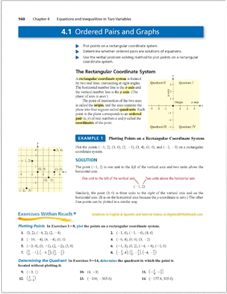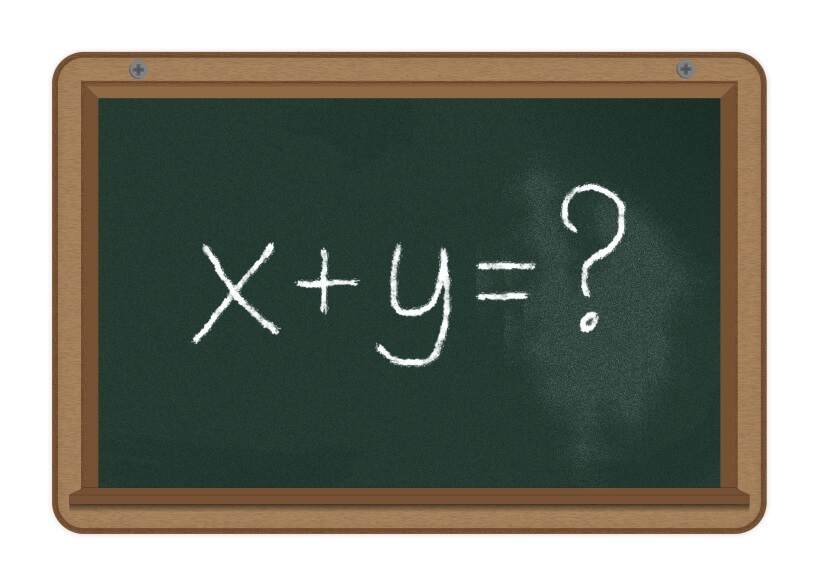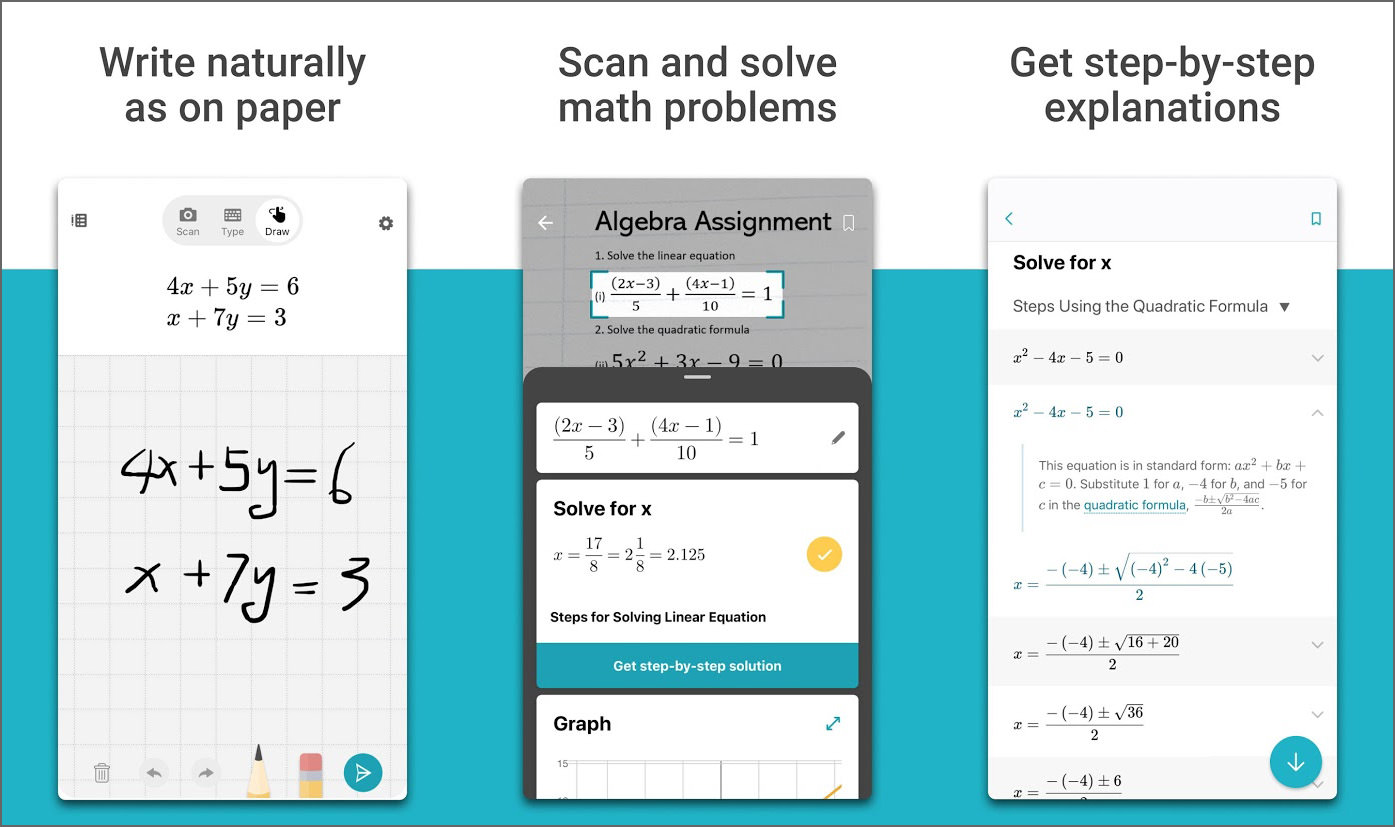Algebra is a branch of mathematics that involves solving equations and finding unknown values, or variables. It is a fundamental subject that is essential for success in higher levels of mathematics, as well as in many practical fields such as engineering, science, and finance.
One of the basic concepts in algebra is the use of variables. A variable is a letter or symbol that represents a value that can change or be unknown. For example, in the equation "x + 3 = 7," the letter "x" is a variable because it represents an unknown value. By solving the equation, we can determine that the value of x is 4.
Another important concept in algebra is the use of operations. Operations are mathematical procedures that are used to manipulate numbers and variables. The four basic operations in algebra are addition, subtraction, multiplication, and division. These operations can be used to simplify equations and solve for unknown variables.
One way to solve equations is by using the property of equality. This property states that if two things are equal, then you can perform the same operations on both sides of the equation and the equality will still hold true. For example, if we have the equation "x + 3 = 7," we can subtract 3 from both sides to get "x = 4."
There are many different techniques and strategies that can be used to solve algebraic equations, depending on the complexity of the problem. Some common strategies include graphing, substitution, and the use of algebraic properties such as the distributive property and the commutative property.
It is important to practice and develop your algebra skills, as they will be essential for success in higher levels of mathematics and in many practical fields. There are many resources available to help you learn and practice algebra, including textbooks, online tutorials, and math tutors. With hard work and dedication, you can master the principles of algebra and use them to solve a wide range of problems.
